
Politics
08:19, 03-Nov-2017
Xi to attend APEC Economic Leaders' Meeting, visit Vietnam, Laos
By Han Peng, Wang Lei
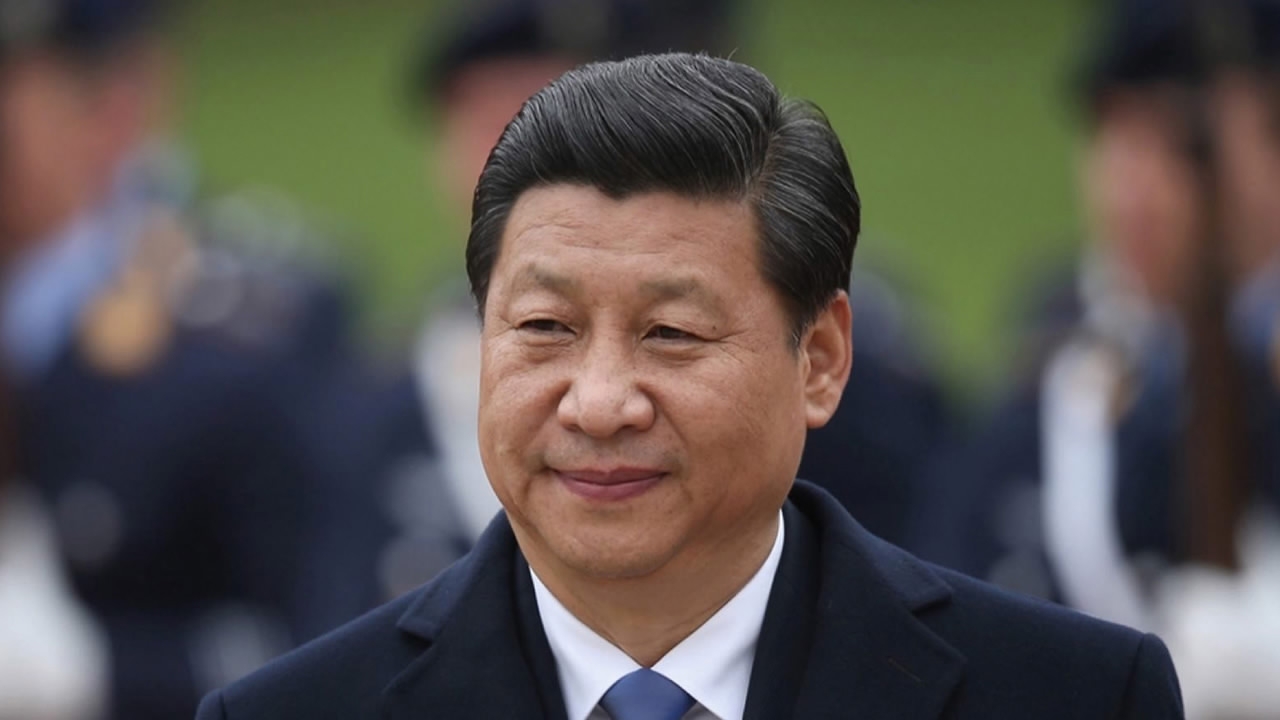
Chinese President Xi Jinping will travel to Vietnam and Laos from November 10 to 14, China's Foreign Ministry announced on Friday.
Xi is set to attend the 25th Asia-Pacific Economic Cooperation (APEC) Economic Leaders' Meeting in Da Nang, Vietnam, on November 10-11, at the invitation of Vietnamese President Tran Dai Quang, Foreign Ministry spokesperson Lu Kang said.
Xi will pay state visits to Vietnam and Laos from November 12 to 14, at the invitation of Nguyen Phu Trong, General Secretary of the Communist Party of Vietnam Central Committee, Vietnamese President Tran Dai Quang, and Bounnhang Vorachith, General Secretary of the Lao People's Revolutionary Party Central Committee and President of Laos.
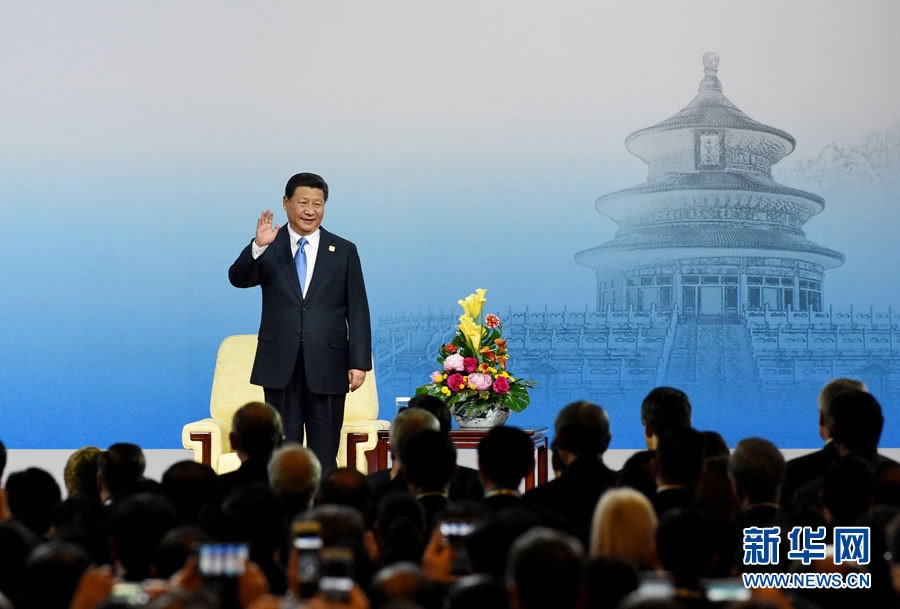
Chinese President Xi Jinping attends the opening ceremony of the 2014 APEC CEO Summit in Beijing, November 9, 2014. /Xinhua Photo
Chinese President Xi Jinping attends the opening ceremony of the 2014 APEC CEO Summit in Beijing, November 9, 2014. /Xinhua Photo
First overseas trip after 19th CPC National Congress
The Da Nang APEC meeting will be the first multilateral international conference attended by a Chinese leader after the 19th National Congress of the Communist Party of China (CPC) last month, Chinese Vice Foreign Minister Li Baodong said at a press briefing.
Xi will deliver a keynote speech at the meeting and hold multilateral and bilateral talks with leaders attending the event, according to Li.
"President Xi Jinping's plan to attend the Da Nang meeting demonstrates that China attaches great importance to strengthening economic and trade cooperation in the Asia Pacific region," he stressed. "We hope all parties uphold the important principle of free and open trade and investment, and work together to promote the liberalization and facilitation of trade and investment."
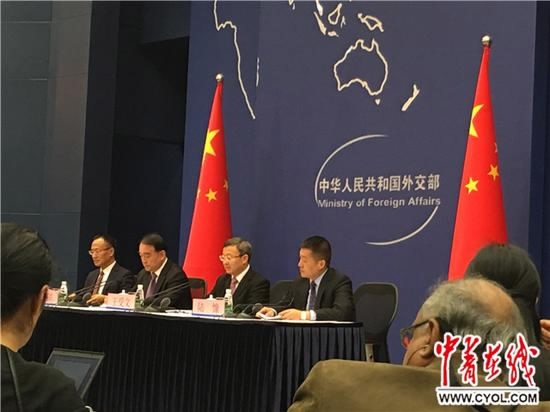
The Chinese Foreign Ministry holds a press briefing on President Xi Jinping's attendance at the Da Nang APEC meeting and state visits to Vietnam and Laos in Beijing, November 3, 2017. /Photo via CYOL.com
The Chinese Foreign Ministry holds a press briefing on President Xi Jinping's attendance at the Da Nang APEC meeting and state visits to Vietnam and Laos in Beijing, November 3, 2017. /Photo via CYOL.com
China's defending of globalization comes as Western leaders like US President Donald Trump are rolling out protectionist policies. Trump is scheduled to visit China right before the APEC meeting.
"We hope the US can help push forward the establishment of a Free Trade Area of the Asia Pacific, which was outlined in the Lima Declaration last year. The two countries have great common interests, and we hope we can work together to deliver some positive results," Li added.
China as a 'partner and leader'
With a theme of "Creating New Dynamism, Fostering a Shared Future," the APEC meeting will focus on promoting regional economic integration, inclusive development, innovation-driven growth and inter-connectivity, Li added.
China's development is closely linked to APEC cooperation and the country has always been a dedicated supporter and contributor to economic cooperation in the region, the vice foreign minister said.
He noted that the APEC region, accounting for 60 percent of world GDP and nearly half of global trade, is playing a significant role in the worldwide economic recovery.
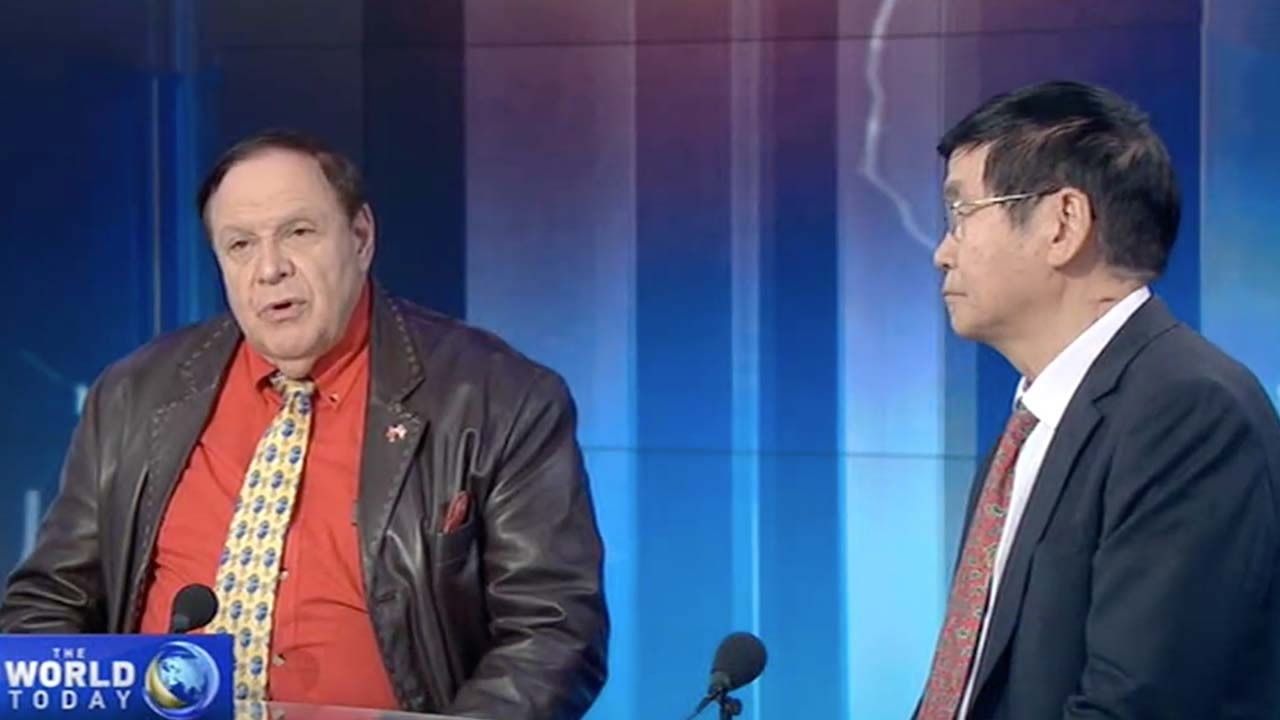
Since the 19th CPC National Congress in October, the concept of a "New Era" has become a hot topic in China with the Xi Jinping Thought on Socialism with Chinese Characteristics for a New Era written into the CPC Constitution.
"I think part of the talk about the New Era is that China is now stepping out very confidently onto the world stage," Harvey Dzodin, a research fellow at the Center for China and Globalization, told CGTN on Friday. "I think China will be a partner and a leader at the meeting."
Properly handling South China Sea disputes
Commenting on Xi's state visits to Vietnam and Laos after the APEC meeting, Chinese Assistant Foreign Minister Chen Xiaodong said it will be the first time for the Chinese leader to visit foreign countries after the 19th CPC National Congress, which will usher in a New Era for China's diplomacy with its neighbors.
Vietnam and Laos are China's "friendly neighbors and important partners," Chen added, noting that China has established comprehensive strategic partnerships with both countries.
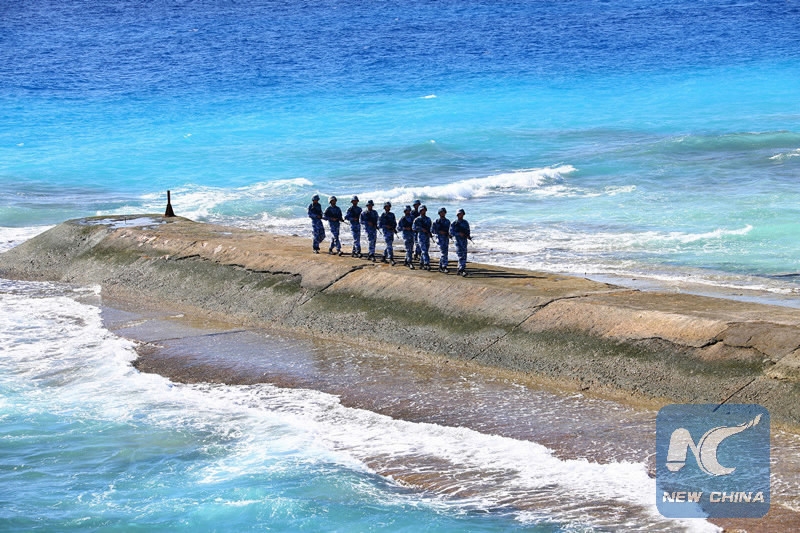
Chinese soldiers are on patrol on a breakwater on the Yongshu Jiao at the South China Sea, January 6, 2016. /Xinhua Photo
Chinese soldiers are on patrol on a breakwater on the Yongshu Jiao at the South China Sea, January 6, 2016. /Xinhua Photo
Meanwhile, with China and Vietnam being claimants of islands in the South China Sea, does the high-profile visit signal some progress on resolving the disputes?
"China and Vietnam have reached important consensus on South China Sea disputes by agreeing to manage their differences well and uphold the overall interests of bilateral relations," Chen said. "Tensions are calming down, as China and the Association of Southeast Asian Nations (ASEAN) have achieved major progress, including the approval of the framework for the South China Sea Code of Conduct."
"This shows South China Sea countries are able and willing to properly handle the disputes on their own," he stressed.
During Xi's visit to Laos, the two sides will discuss ways to promote the Belt and Road Initiative and increase much-needed investment for the country's infrastructure construction, according to Chen.

SITEMAP
Copyright © 2018 CGTN. Beijing ICP prepared NO.16065310-3
Copyright © 2018 CGTN. Beijing ICP prepared NO.16065310-3